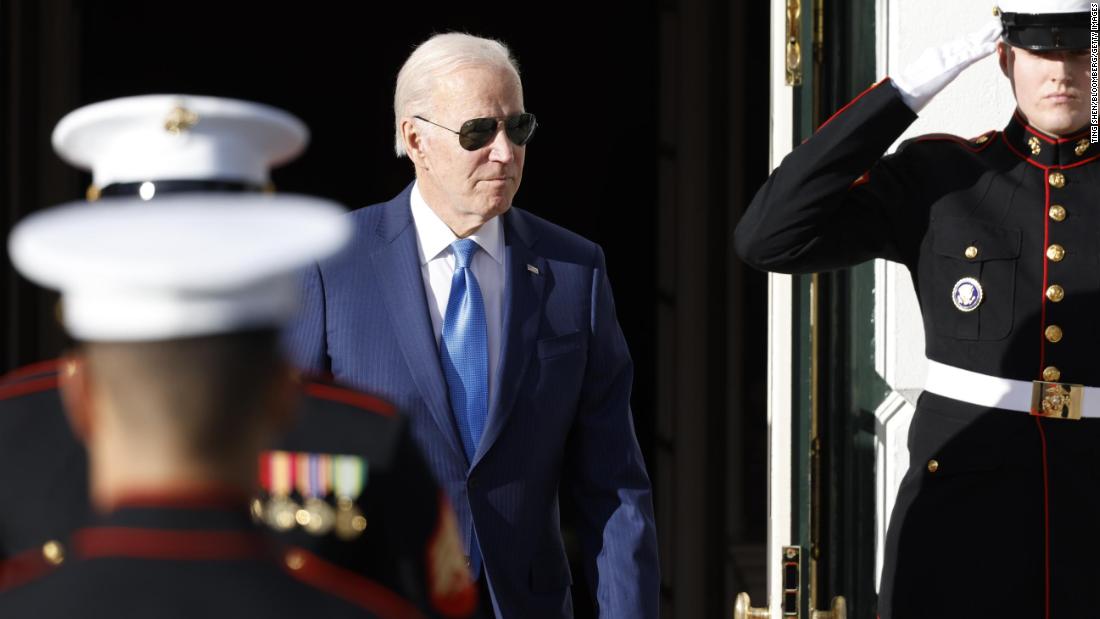Cops on the Campaign Trail: A New Force in US Politics?
Eric Adams, the former NYPD officer whose victory in New York’s primary last month makes him the likely next mayor, may be a harbringer of a new trend. As police face mounting criticism and demands for reform from political leaders, some have responded by deciding to run for public office themselves.


Eric Adams celebrates his NYC mayoral primary victory on July 7. Photo by Ese Olumhense via CityLimits
Former New York Police Department Capt. Eric Adams, who is poised to become the likely next mayor of New York City, may be the harbringer of a new trend.
As police face mounting criticism and demands for reform from political leaders, a large number are responding by deciding to run for public office themselves.
A recent Associated Press survey found an increase in the number of senior police executives, up to and including police chiefs, who have decided to run for higher office since the national furor over the murder of George Floyd.
The candidates are white, Black and Latino, and a mix of Republicans and Democrats. According to AP, their political ideology tacks toward the center, at times defying traditional party lines.
The most prominent example so far is Adams, who won the New York City mayoral primary, and is now expected to become the city’s second African-American Mayor.
A law enforcement background doesn’t always ensure victory at the polls.
In Ohio this week, state Rep. Jeff LaRe, a former Fairfield County deputy sheriff, was trounced in his effort to win a GOP primary race for an open congressional seat, reports Reuters. (The victor, Mike Cary, a coal lobbyist was backed by former president Donald Trump.)
In Florida, Democratic congresswoman Val Demings, is challenging Republican Sen. Marco Rubio in next year’s Senate race. Demings is a former Orlando police chief who favors justice reform. But in Albuquerque, NM, Bernalillo County Sheriff Manny Gonzales, a Democrat, is running a “tough-on-crime” campaign in his own mayoralty campaign.
The rising political activism of former cops may be a smart career move. Across the U.S., police agencies are finding it harder not only to recruit new officers, but keep the ones they have.
A June Survey of nearly 200 departments by the Police Executive Research Forum (PERF), shows a 45 percent increase in retirement rate and a nearly 20 percent increase in resignation in 2020-21 compared to the previous years.
The survey also shows new police hiring has dropped 5 percent overall.
In New York, Adams made rising violent crime a huge focus of his campaign, and found deep support among the city’s African-American population for his opposition to defunding. Arguing that he was committed to police reform, Adams, who once led a dissident group of African American officers, pledged to balance public safety with efforts to end abusive policing and increase accountability.
According to Politico, his victory is “less a model to be replicated than an example of a shift that has been taking place on the ground for months, as candidates already being pushed to tackle police reform are simultaneously being forced to confront crime head-in.”
As many other candidates with law enforcement backgrounds run for office, they will need to try to strike the same balance.
In Nevada, Clark County Sheriff Joe Lombardo, a Republican candidate for governor, is even embracing the phrase “defund the police.”
“I’m on the record saying if you want to defund me, I have no problem with that as long as it’s used appropriately in something that would benefit us in the law enforcement space,” he told AP.
Laura Martin, the executive director of the Progressive Leadership Alliance of Nevada, who met Lombardo during last summer’s protests, said his comments showed supported the concept of defunding, but felt his main point to was stop the protests.
“I think he wanted to come across as understanding, but at the same time his officers were brutalizing protesters,” she said. “It seems like he says what he needs to say in front of the audience that needs to hear it.”
While many may be wary of the police and candidates with law enforcement backgrounds, Chris Burbank, former police chief of Salt Lake City and current vice president of law enforcement strategy for the Center for Policing Equity, said in an interview with AP that “it’s a mistake to give police chiefs too much credit or blame for crime rates when the state of the economy, poverty, health care access and jobs have a much bigger impact.”
This summary was prepared by TCR Justice Reporting Intern Gabriela Felitto.

 Landwebs
Landwebs 






















